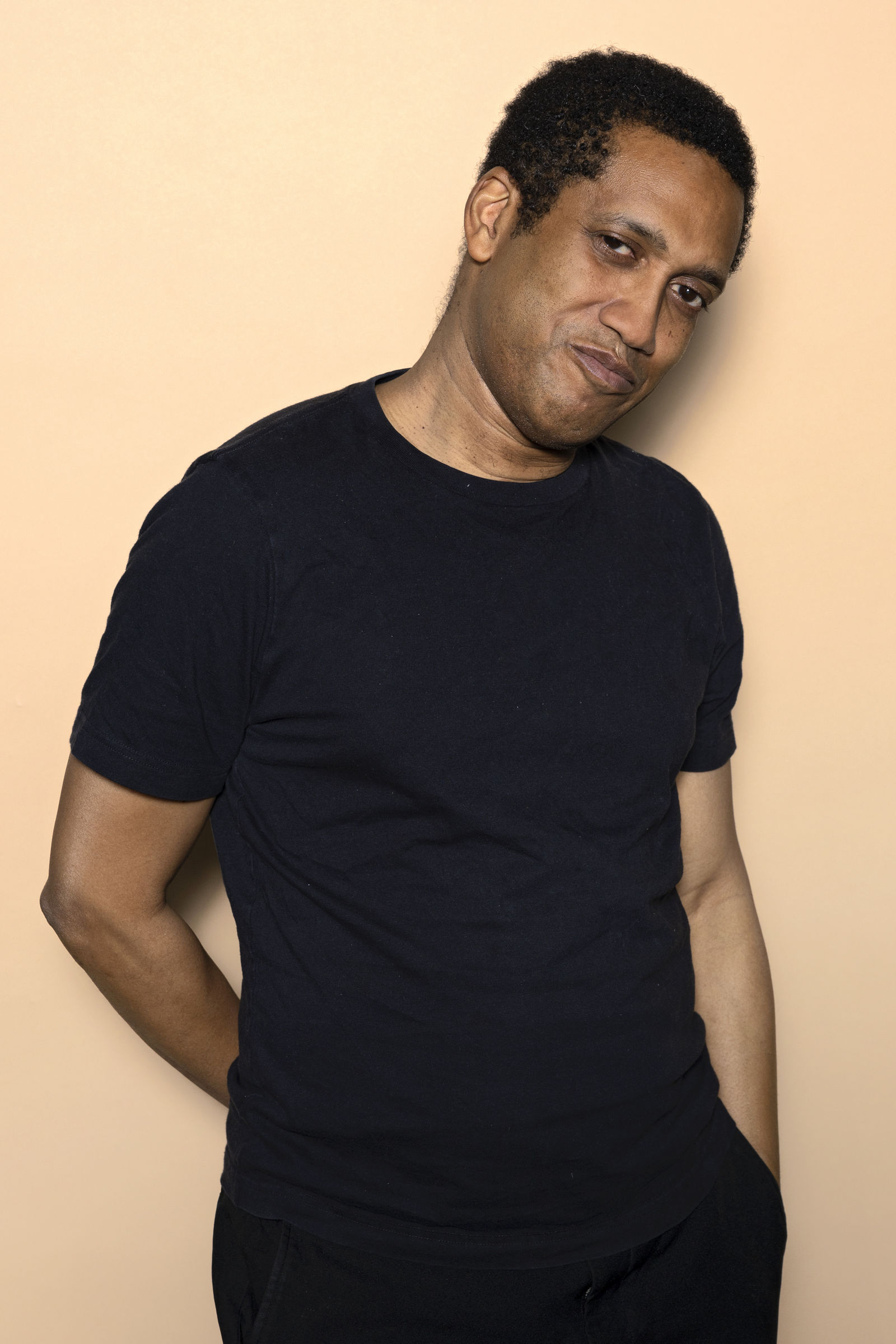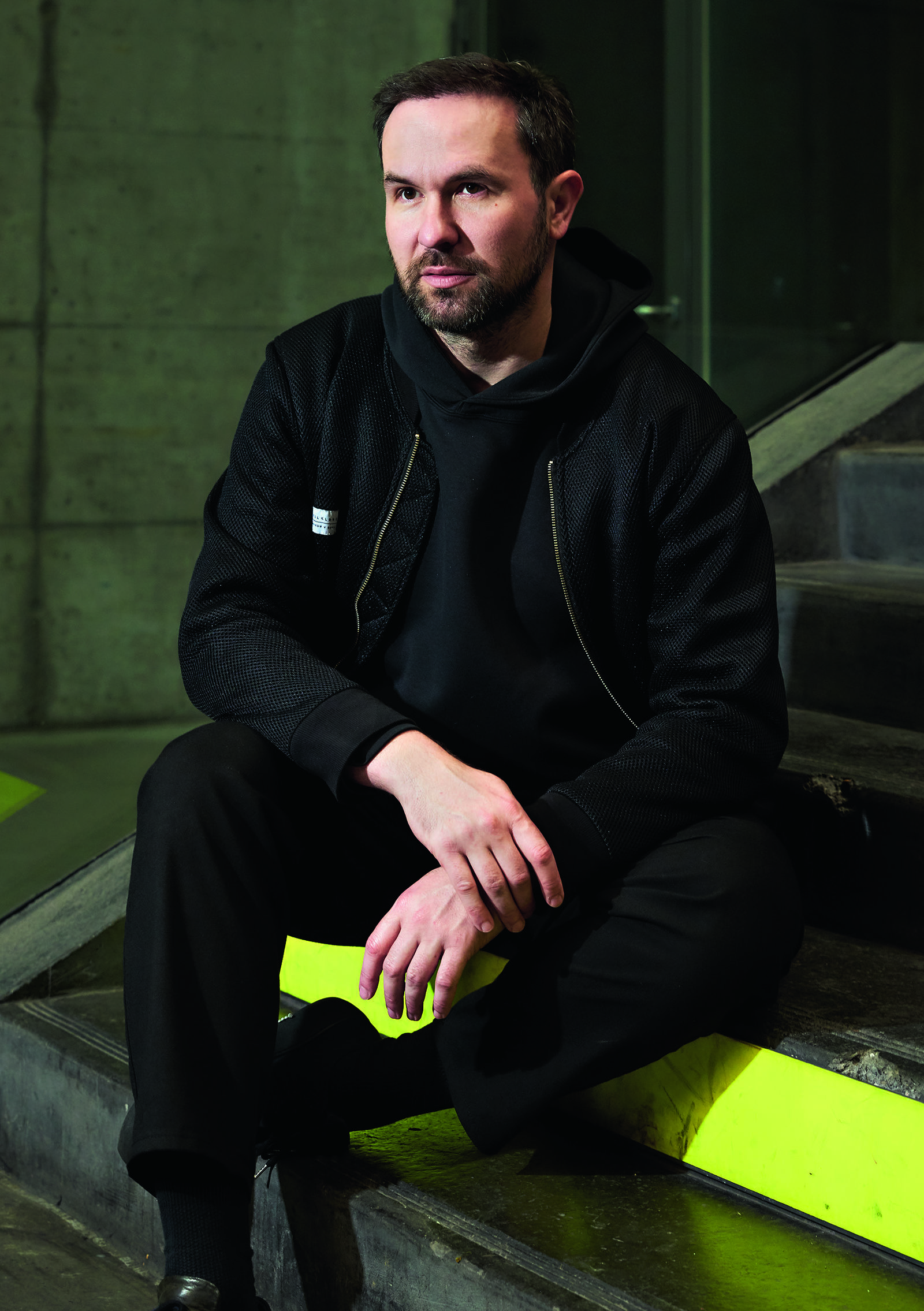“A park full of muses between history and imagination” – this is how Trajal Harrell refers to his performance In the Mood for Frankie. His starting point is the muse, that strange figure located somewhere between dream and reality, that improbable being that occupies a fixed position in the imagination of the art world, even though it has been clear for a long time, and not just since the #metoo debate, that this creature is a problematic projection. Trajal Harrell approaches it through an Asian dance form, the Japanese butoh dance, which he has been researching for many years, and which he rather than imitates seeks to interlace in the imagination with likewise inspiration from voguing and postmodern dance to make his own vocabulary of movement. Tatsumi Hijikata, the co-founder of butho, plays the godfather to this production, and the evening echoes with the influences of other “muses”: from the filmmaker Wong Kar-Wai; Rei Kawakubo and her fashion label Comme des Garçons; the singer Sade; Kazuo Ohno, the other founder of butoh; and through to Harrell’s own collaboration with the dancers Thibault Lac and Ondrej Vidlar with whom he shares the stage during this performance.






